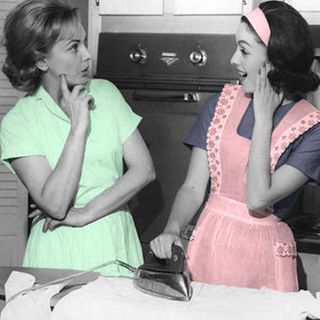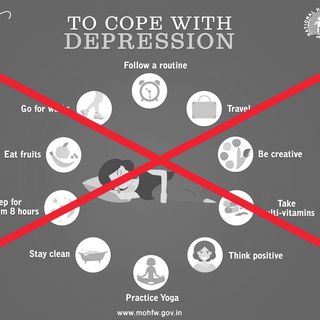All nine prisons in Maharashtra have installed new vending machines on their premises, which both dispense and dispose of sanitary pads, reports The Indian Express. According to the Maharashtra State Commission for Women, this pilot project will benefit more than 1000 incarcerated women in prisons in in Yerawada, Thane, Kolhapur, Aurangabad, Nagpur, Amravati, Kalyan, Byculla, and Chandrapur.
At the moment, incarcerated women in Maharashtra receive eight sanitary pads per month. If they require more, they have the option of purchasing more from prison authorities. According to The Indian Express, the new vending machine program is the direct result of a review by the Maharashtra State Commission for Women into the health care, nutrition, security, and facilities provided to incarcerated women.
The review was conducted after an incarcerated woman died in Byculla Prison, Mumbai. The woman, Manjula Shette, was serving a life sentence, and died after an alleged altercation with six prison staffers. The altercation was reported to have occurred after Shette complained about not receiving part of the morning ration. The staffers were suspended and arrested, but all pleaded not guilty in court last month.
Given that the review was conducted in the wake of an incarcerated woman’s alleged murder at the hands of the prison system, a vending machine for sanitary napkins feels like a mere stopgap measure. It seems more a method of announcing to the public that ‘something is being done’ than it is an attempt to actually address and ameliorate the health and safety concerns of incarcerated women.
The impact of these vending machines is questionable at best. At the very least, it’s commendable that the Maharashtra prison system is finally paying attention to the basic hygiene needs of incarcerated women, and recognizing that eight pads per month is not enough for many women. But the new vending machines only store 20 to 60 pads at a time, and women still need to pay for them.
“We have allowed prison authorities to decide how inmates can access sanitary napkins through machines,” an official told The Indian Express. “They will start a token system or fix certain amount to buy the pads.”
How is this different from the existing system in which women can purchase extra pads from prison authorities?
Currently, there is a global campaign for menstrual pads and tampons to be made free and readily available everywhere. Such a campaign is sorely required in prisons, where women rarely have an income, and therefore couldn’t possibly be expected to pay for basic necessities such as sanitary napkins. And while earning rewards for good behavior has long been a practice in prisons — and is presumably what is meant by a token system — adequate menstrual supplies is a human right, not a gold star.
Shette’s death should have spurred far more comprehensive reforms in the prison system than a vending machine, which, ostensibly, won’t even do much to change conditions for incarcerated women while they’re menstruating. Many have called for India to follow a more progressive, restorative justice model. But this begins to seem like an almost insurmountable goal considering we cannot even guarantee the health and safety of the women currently in the prison system in India.




